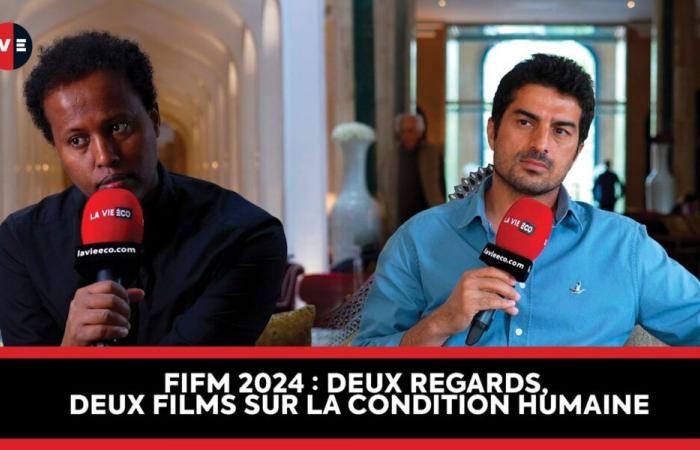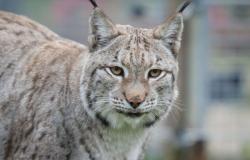Mo Harawe, Somali-Austrian director, delivers with The Village Next to Paradise a first feature film of rare emotional and aesthetic density. Through fixed shots, stripped of any picturesque artifice, the filmmaker makes the Somali coastline a character in its own right: windswept landscapes, tinged with faded colors, imbue each scene with a visceral melancholy.
The film focuses on the life of Mamargade, a man chained to the contingencies of survival, between grueling odd jobs and moral compromises. Alongside her sister Araweelo, who came after a divorce, and her son Cigaal, their daily life oscillates between resilience and disenchantment. “ I wanted to know myself better by making a film about Somalia, the country where I was born and raised », confides the director.
Each gesture, each silence carries an organic truth, the fruit of an instinctive creative process. For Harawe, cinema is not limited to telling: “ I would like the viewer to leave the room with a heart full of love and images in their eyes. “. In this “decayed paradise” where institutions seem ghostly, Harawe’s camera captures humanity, its flaws and its light.
When life stops…and starts again
With One of Those Days When Hemme DiesTurkish director Murat Firatoglu paints an intimate fresco on the harshness of forgotten lives. The film follows Eyüp, a man broken by the weight of debt, forced to work under a relentless sun in the tomato fields of southeastern Turkey.
Firatoglu paints an uncompromising portrait of modern alienation. Every drop of sweat, every lost look of its protagonist reflects exhaustion and despair. When Eyüp clashes with his employer, this shock becomes the catalyst for a wandering in the city, where the weight of despair mixes with the urgency of a radical solution.
The film, lasting 82 minutes, explores the intimacy of a man facing his limits, in a Turkey where the overwhelming light of the landscape reinforces the feeling of isolation. Firatoglu, with an economy of dialogue, leaves room for a visual poetry where each frame, each silence, becomes a muffled cry.
These two works, although distinct, share a straightforward look at the complexity of ordinary lives, where hope constantly struggles against adversity. If Harawe invites us to contemplate the fragility and beauty of human bonds in a setting beaten by the winds of history, Firatoglu plunges into the alienation of a contemporary society where humans sometimes seem to disappear under the weight of his struggles. Two films, two visions, but the same truth: that of a world where love and pain coexist in everyone’s daily life.






